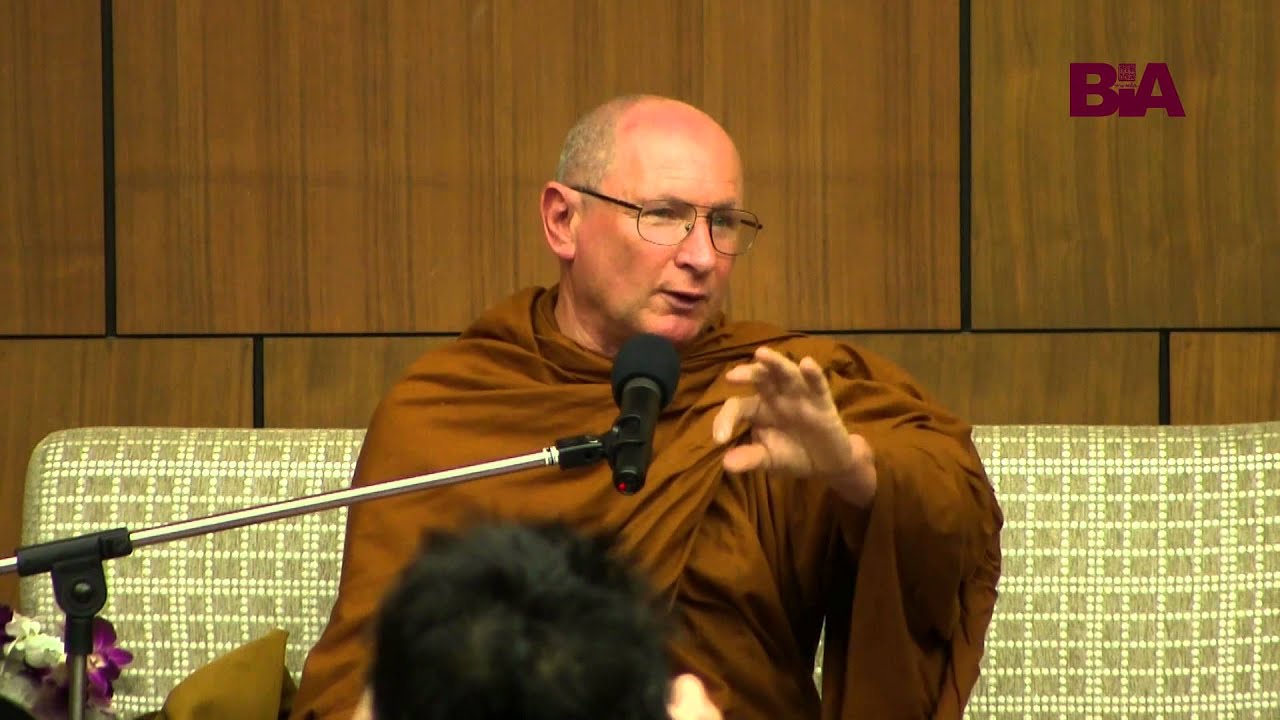There is an EBT which makes the very distinction that you are pointing out. The “Great Steward” is a teacher of metta meditation, and Buddha contrasts this with his own noble eightfold path:
Long Discourses 19: The Great Steward
And the Great Steward meditated spreading a heart full of love to one direction, and to the second, and to the third, and to the fourth. In the same way above, below, across, everywhere, all around, he spread a heart full of love to the whole world—abundant, expansive, limitless, free of enmity and ill will. He meditated spreading a heart full of compassion … rejoicing … equanimity to one direction, and to the second, and to the third, and to the fourth. In the same way above, below, across, everywhere, all around, he spread a heart full of equanimity to the whole world—abundant, expansive, limitless, free of enmity and ill will. And he taught his disciples the path to rebirth in the company of Brahmā.
Those of his disciples who completely understood the Great Steward’s instructions, at the breaking up of the body, after death, were reborn in the Brahmā realm. Of those disciples who only partly understood the Great Steward’s instructions, some were reborn in the company of the Gods Who Control the Creations of Others, while some were reborn in the company of the Gods Who Love to Create, or the Joyful Gods, or the Gods of Yama, or the Gods of the Thirty-Three, or the Gods of the Four Great Kings. And at the very least they swelled the hosts of the fairies.
And so the going forth of all those gentlemen was not in vain, was not wasted, but was fruitful and fertile.’
Do you remember this, Blessed One?”
“I remember, Pañcasikha. I myself was the brahmin Great Steward at that time. And I taught those disciples the path to rebirth in the company of Brahmā. But that spiritual path of mine doesn’t lead to disillusionment, dispassion, cessation, peace, insight, awakening, and extinguishment. It only leads as far as rebirth in the Brahmā realm.
But this spiritual path does lead to disillusionment, dispassion, cessation, peace, insight, awakening, and extinguishment. And what is the spiritual path that leads to extinguishment? It is simply this noble eightfold path, that is: right view, right thought, right speech, right action, right livelihood, right effort, right mindfulness, and right immersion. This is the spiritual path that leads to disillusionment, dispassion, cessation, peace, insight, awakening, and extinguishment.
Those of my disciples who completely understand my instructions realize the undefiled freedom of heart and freedom by wisdom in this very life. And they live having realized it with their own insight due to the ending of defilements.
Of those disciples who only partly understand my instructions, some, with the ending of the five lower fetters, become reborn spontaneously. They are extinguished there, and are not liable to return from that world.
Some, with the ending of three fetters, and the weakening of greed, hate, and delusion, become once-returners. They come back to this world once only, then make an end of suffering.
And some, with the ending of three fetters, become stream-enterers, not liable to be reborn in the underworld, bound for awakening.
And so the going forth of all those gentlemen was not in vain, was not wasted, but was fruitful and fertile.
With that said, the metta I am trying to talk about is different from metta meditation. With metta meditation, I actively send love out towards other people (or directions, whatever). This was different, there was no sending out of love. It was a realization that my ego is the cause of all my suffering, and that my ego also inflicts suffering on others. It was a choice to ignore my ego, and not let my ego cause suffering to myself or others, regardless of what anyone said or did (equanimity?). This caused the metta to flow all on it’s own, with no effort at all.
![]()
![]()
![]()
![]()
![]()




 which all the people in front of you seem to be taking a piece of.
which all the people in front of you seem to be taking a piece of.